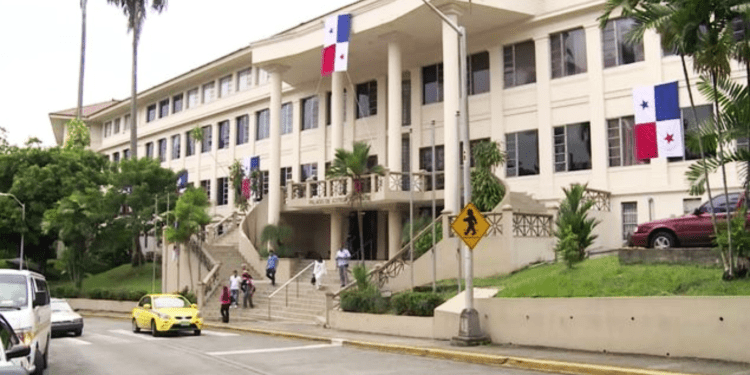- Panama to review or modify current laws on the local crypto industry
- President of the country adamantly against current laws
- Citizens could gain greatly from laws modification.
The Panama crypto bill drama has reached a new peak, with the Supreme Court for the country weighing in on the future of the local crypto industry.
Last week, the President of the country, Launrentino Cortizo, sent in the crypto legislation passed in the previous year to the country’s high court for review, with claims that the crypto bills were violating principles of the constitution.
The comment by the President now leaves the Supreme Court to declare Bill No. 697 unenforceable or to review the bill and approve it with the proper modifications. The President’s office considers articles 34 and 36 of the bill unenforceable.
The bills violate the separation of powers in the state and establish administrative structures within the government. The President of Panama also said that the bill’s approval had been done through an inadequate procedure, which had been through a partial veto of the country’s legislation in June.
The President argues that at the time of the approval of the bill, there was still a need for more work to be done on the bill for it to comply with new regulations that were recommended by the Financial Action Task Force, which is aimed at improving fiscal transparency in the country and to prevent money laundering.
There has also been a dispute between the National Assembly and the government of Panama, with the bill at the center of it all.
Back in 2022, in April, the country’s lawmakers had passed a legislative proposal to regulate cryptocurrencies in the country, with the inclusion of Bitcoin, the President, however, warned a few weeks after the law had been proposed that he would not sign it unless it were inclusive of additional Anti-Money Laundering (AML) regulations.
The bill was first around September 2021, intending to make Panama compatible with the digital economy, the internet, crypto assets, and the blockchain industry but was moved out of the Economic Affairs Committee in April 2022 and approved a few days after.
With the basis of Panama’s legislation, the citizens could freely agree on using crypto assets, including Bitcoin and Ethereum, without any limitations as alternative payment systems for civil and commercial operations.
Additionally, the bill would help regulate the tokenization of other precious metals and the issuance of digital value. The government’s innovation authority should also consider the digitization of identity with the use of blockchain or distributed ledger technology.
Conclusion
The Panama Supreme Court would either have to come to a compromise that would go along with the wants of the President and still goes with the current bill or have to scrap the entire bill and deem it unenforceable for the country, especially if there is no way to include the anti-money laundering regulations.














